Uveitis Treatment
in Buffalo, NY
What is Uveitis?
Uveitis isn’t usually serious, but there are a few reasons why certain cases demand the attention of a specialist:
If you’re diagnosed with glaucoma, it means you have one of a group of eye diseases that cause the pressure inside the eye to increase, damaging the optic nerve and leading to vision loss. At Buffalo Ophthalmology, we work with patients to help identify this condition as early as possible, manage symptoms, and provide treatment for glaucoma before vision loss occurs.
Glaucoma is common — one of the leading causes of blindness for people over 60 years of age — but that doesn’t mean a diagnosis isn’t a scary proposition. Here’s why:
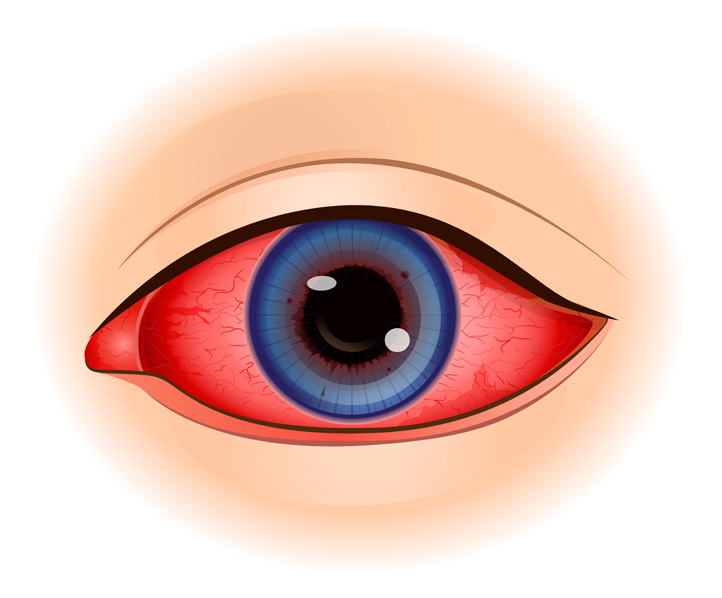
Uveitis can affect multiple parts of the eye: Uveitis isn’t as simple as it may seem. Anterior uveitis affects the iris, intermediate uveitis affects the ciliary body, posterior uveitis affects the choroid, and pan-uveitis affects all three.
Uveitis can lead to other, more serious conditions: If left untreated, uveitis can lead to more severe eye diseases, including glaucoma, cataracts, and retinal complications — all of which can lead to vision loss.
Uveitis symptoms can hide underlying conditions: While uveitis isn’t always serious, not addressing it thoroughly may mean missing accompanying autoimmune diseases like Crohn’s disease, ulcerative colitis, and rheumatoid arthritis.
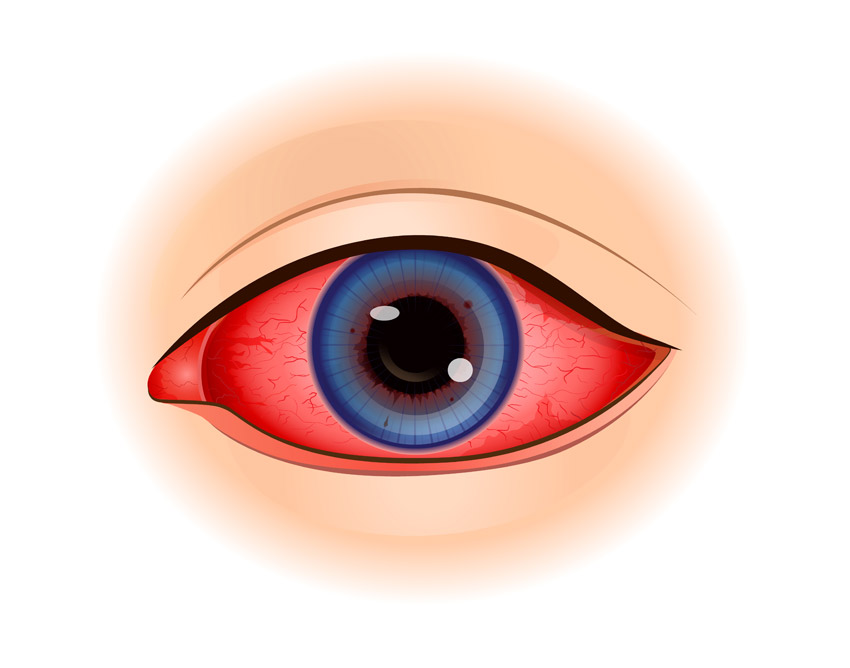
If you’re diagnosed with glaucoma, it means you have one of a group of eye diseases that cause the pressure inside the eye to increase, damaging the optic nerve and leading to vision loss. At Buffalo Ophthalmology, we work with patients to help identify this condition as early as possible, manage symptoms, and provide treatment for glaucoma before vision loss occurs.
Glaucoma is common — one of the leading causes of blindness for people over 60 years of age — but that doesn’t mean a diagnosis isn’t a scary proposition. Here’s why:
Glaucoma comes on without symptoms: Glaucoma is often called the “sneak thief of sight” because of the way it tends to develop without symptoms. A glaucoma diagnosis can come as a surprise.
Glaucoma is a chronic, progressing illness: Once glaucoma is diagnosed, it continues to increase in severity the longer it goes without treatment. The further it progresses, the more difficult it is to treat.
Glaucoma causes blindness: As it progresses, glaucoma can cause irreversible vision loss, underlining the fact that early diagnosis and specialized treatment is critical to save your vision.
Buffalo’s Premier Uveitis Specialist
At Buffalo Ophthalmology, we lean heavily on our years of training and experience to provide expert care for uveitis and all that comes with it. We’ve seen many uveitis cases and are fully prepared to put forward the best approach in treating every patient. Because of the long-term and chronic nature of many uveitis cases, we recognize the importance of establishing communication and understanding between our doctors, patients, and their referring physicians when co-managing cases.

Ausra Selvadurai, M.D.
Having trained under top doctors at the Bascom Palmer Eye Institute in Miami, FL and publishing peer-reviewed research about uveal conditions in esteemed ophthalmic journals, Dr. Ausra Selvadurai is proud to be known for her expertise as well as her ability to provide excellent patient care.
How Buffalo Ophthalmology Approaches Uveitis Cases
Every uveitis case is unique. Dr. Ausra Selvadurai and her team uses the most advanced technology to understand the factors unique to your case and show you exactly what’s going on with your eyes before we develop a plan to treat the issue.
Uveitis Treatment in Buffalo
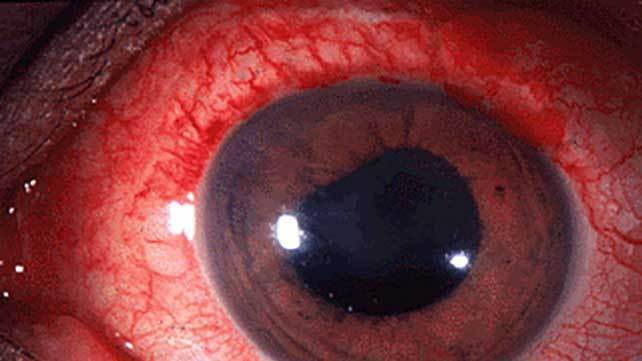
Anterior Uveitis

Intermediate Uveitis
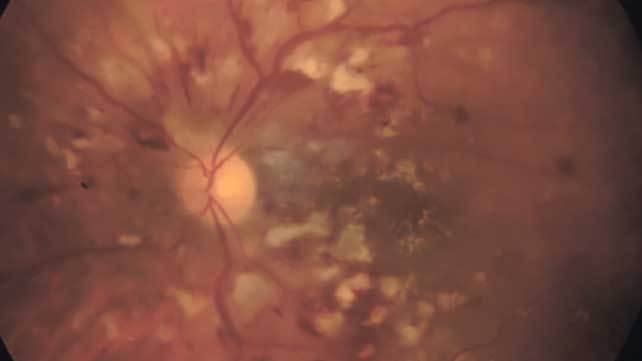
Posterior Uveitis
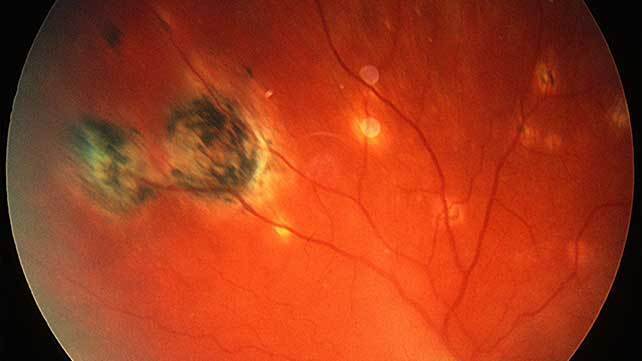
Pan-uveitis
Locations
Request Appointment
"*" indicates required fields



